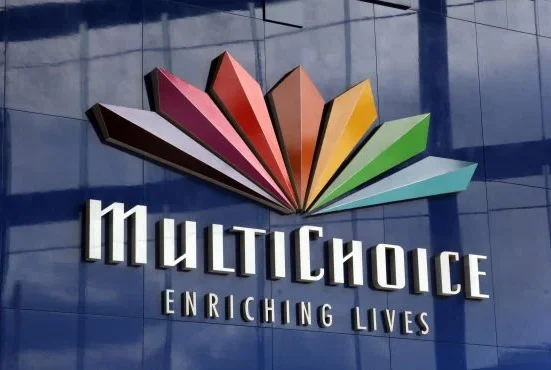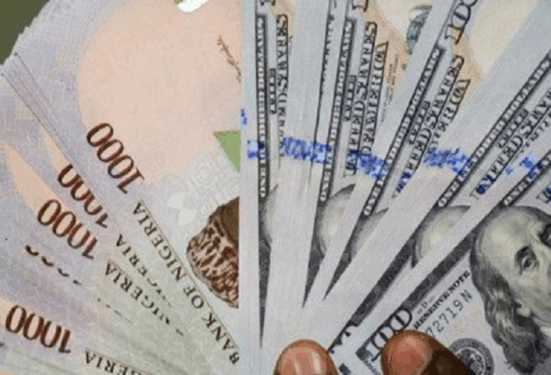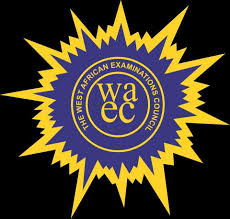There was high drama at the Federal High Court in Lagos on Wednesday as a businessman, Sunday Okorie, collapsed in the dock while standing trial for alleged money laundering and possession of counterfeit foreign currency.
Okorie had been arraigned on Tuesday, March 25, by the Economic and Financial Crimes Commission (EFCC) on a four-count charge bordering on failure to declare $299,000 and attempting to smuggle counterfeit US dollars and euros through the Murtala Muhammed International Airport, Ikeja.
Defendant Moves to Change Plea Before Collapsing
Presiding Judge Justice Deinde Dipeolu had earlier ordered Okorie’s remand on Tuesday after he pleaded not guilty to the charges. However, when the case resumed on Wednesday, March 26, his counsel, Uche Okoronkwo, informed the court that Okorie wanted to change his plea to guilty.
The prosecution counsel from the EFCC, Chineye Okezie, confirmed the defendant’s decision and moved to withdraw counts three and four, leaving only two charges for which he intended to plead guilty.
Justice Dipeolu granted the request, directing the court registrar to re-read the remaining charges to Okorie. However, as the registrar attempted to proceed, Okorie remained silent when asked if he understood English and moments later collapsed in the dock.
Chaos in the Courtroom as Family Members Weep
The incident caused commotion in the courtroom, with Okorie’s wife and daughter bursting into tears. His wife knelt on the floor, crying out for divine intervention, as court officials and security personnel attempted to revive him.
Okorie’s collapse stalled the proceedings, prompting Justice Dipeolu to adjourn the trial while efforts were made to provide him with medical attention.
EFCC: Okorie Hid Money Inside Relaxer Containers
According to the EFCC’s charge sheet, Okorie had allegedly concealed $299,000, along with counterfeit US dollars and euros, inside hair relaxer containers in an attempt to smuggle them through airport customs.
The prosecution detailed that he was found with five counterfeit $50 notes (totaling $250) and a fake €100 note, all of which bore unique serial numbers. The commission alleged that Okorie was fully aware that the money was fake but still went ahead with the attempted smuggling.
Legal Implications of the Charges
The EFCC charged Okorie under:
Section 3(5) of the Money Laundering (Prevention and Prohibition) Act, 2022, which criminalizes illicit financial transactions.
Sections 3(1)(a), 5(1)(b), and (2) of the Counterfeit Currency (Special Provisions) Act, Laws of the Federation of Nigeria, 2004, which prohibit the possession and distribution of counterfeit currency.
The trial is expected to resume after Okorie’s health status is assessed, while legal experts predict that his decision to change his plea to guilty may result in a lighter sentence under Nigeria’s judicial system.







